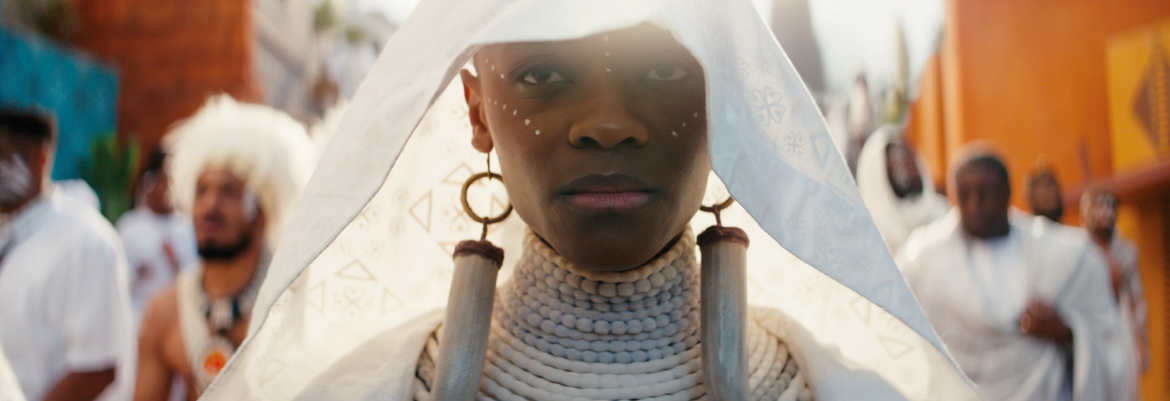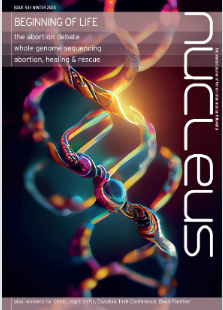It is no secret the untimely passing of the lead actor Chadwick Boseman, the Black Panther, rocked the world and reminded us of our frailty. With tissues at the ready, I went to see the sequel to the first movie that had filled me with so much pride in my culture. How would I leave the cinema? Built up or torn down?
As healthcare workers we face the extremes of life and death more often than normal. This can make us less responsive to the emotions that come with being an interconnected person with relationships. To maintain the ability to live, we all adopt coping mechanisms to deal with the ups and downs of life. Is this sustainable in the long term?
In this action-packed super-hero movie I was captured not only by the drama and special effects but I was also grounded by the relatability of the human story. I must commend the director, Ryan Coogler, for finding this balance between real life and the supernatural. The clever intermingling of history and scenes beckoning you to challenge your own prejudices warrant thought. However, if you're not keen to see lots of war and fighting, Wakanda Forever probably isn't for you.
A recurring theme throughout is living with grief and the results of human suffering. The film reminded me of a famous thing Jesus said I am the way the truth and the life... (John 14:6) In this film, we see the many different ways and truths in which people take refuge when the storms of life threaten stability.
Things like; power over others and ourselves, STEM culture (science, technology, engineering, maths) saving the world, security, leadership, family, our relative social position, weapons, tradition, adaptability and motivation. But are any of these enough to live this life? To really live?
This film helped me question my coping strategies and stereotypes. I'd recommend it. I walked away yearning for the new heavens and new earth and wanting to be better in the now. If you do watch it, talk to someone about it afterwards. Conversation helps us to understand different perspectives.
































